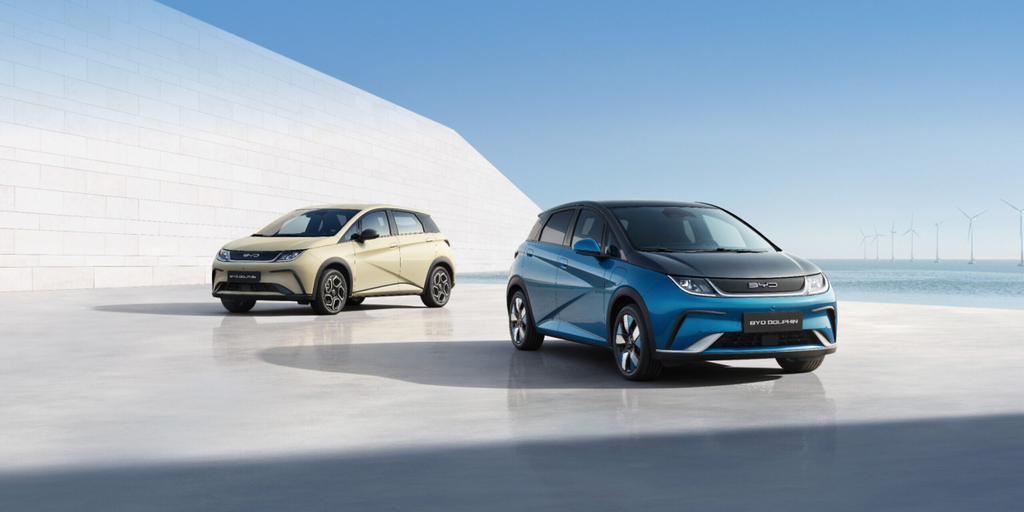Chinese automaker BYD announced that self-driving capabilities would come standard on its entire lineup—including its cheapest car.
The company made its “God’s Eye” driver-assistance system standard equipment on 21 upgraded models, from the ultra-luxury “Yangwang U8” down to the ultra-cheap “Seagull”—a tiny hatchback that costs just 69,800 yuan ($9,500).
That’s one third the cost of a Model 3, Tesla’s cheapest car.
Latin American countries will be able to buy the car under the “Dolphin” name.
The Chinese car manufacturer seems to have pulled a DeepSeek move in the car industry. The car is so cheap thanks to a major focus on efficiency. For example, Global China EV reported that the BYD developed a tracking system that costs 2,800 yuan ($383.29) per unit to produce—a fraction of the cost of the industry average for such technology, 20,000 yuan ($2737.76).
The company saved money by engineering a combination of cameras and radar instead of relying on the expensive laser sensors that most western automakers rely on.
The backbone of BYD’s self-driving cars is a massive cloud network the company built with telecommunications giant Huawei. The “Xuanji Architecture” coordinates operations between cloud AI and vehicle AI through three communication layers: car network, 5G, and satellite network. BYD says the network has been processing 1.2 petabytes of driving data daily.
The system came in three flavors. The basic “God’s Eye C” uses 12 cameras and various radar sensors. The mid-tier “B” version adds a laser sensor, while the top “A” spec gets three additional lasers. Even the base setup however offers features like highway self-driving that typically only appear on luxury vehicles.
The God’s Eye system offers features such as remote parking via smartphones and the ability to pass vehicles and change lanes on highways. However, these capabilities still require driver supervision and do not achieve full autonomy.
By comparison, Tesla charges $8,000, or $99 per month, for its full self-driving package.
The announcement yesterday is yet one more move from China to dominate the competitive global EV car market. The European Union imposed tariffs ranging from 17% to 35.3% on Chinese electric cars, on top of existing 10% duties in an effort to make western rivals more attractive. The United States and Canada are raising their tariffs as high as 100%.
In an attempt to circumvent trade barriers in Europe, BYD is building a factory in Hungary, and sourcing parts from other European countries.
The Seagull proved BYD’s ability to sell at volume, becoming the company’s best selling electric car with 453,593 deliveries in China during 2024. The updated version adds front parking sensors and a surround-view camera system while keeping its 74-horsepower motor and maximum range of 405 kilometers.
Even with a 100% tariff, the low-end BYD car would be nearly $10,000 cheaper than the $29,280 Nissan Leaf, which is the cheapest EV car in the U.S. market; fully autonomous, self-driving cars are not yet available.
Generally Intelligent Newsletter
A weekly AI journey narrated by Gen, a generative AI model.
Decrypt – Read More








